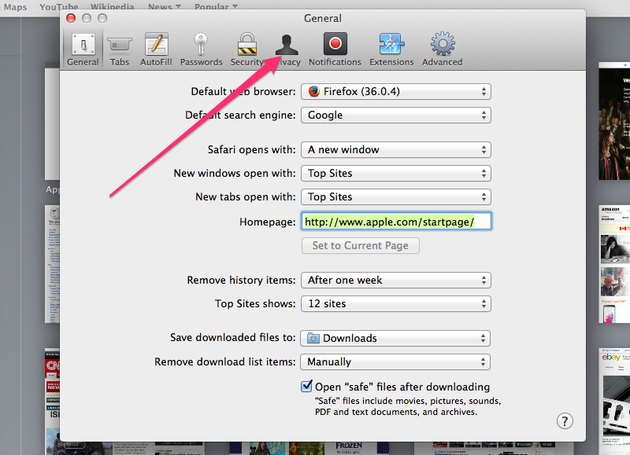
AppendHeader ( "Expires", "0" ) Ruby on Rails response. AppendHeader ( "Pragma", "no-cache" ) Response. AppendHeader ( "Cache-Control", "no-cache, no-store, must-revalidate" ) Response. addHeader "Expires", "0" ASP.NET Response. addHeader "Pragma", "no-cache" Response.

addHeader "Cache-Control", "no-cache, no-store, must-revalidate" Response. setDateHeader ( "Expires", 0 ) PHP header ( 'Cache-Control: no-cache, no-store, must-revalidate' ) header ( 'Pragma: no-cache' ) header ( 'Expires: 0' ) ASP Response. setHeader ( "Pragma", "no-cache" ) response. setHeader ( "Cache-Control", "no-cache, no-store, must-revalidate" ) response.

Header set Cache-Control "no-cache, no-store, must-revalidate" The correct minimum set of headers that works across the most important browsers: Cache-Control : no-cache, no-store, must-revalidate Pragma : no-cache Expires : 0įor the Web Pages (HTML) add the following tags to the page(s) you want to keep browsers from caching (the code must be in the section of your page, for example right after tag).


 0 kommentar(er)
0 kommentar(er)
